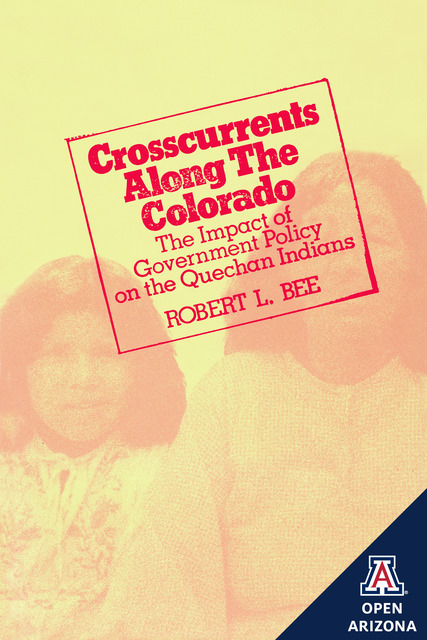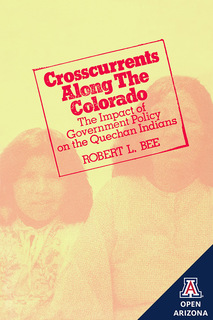Crosscurrents Along the Colorado
The Impact of Government Policy on the Quechan Indians
When in 1893 the Quechan Indians of Fort Yuma, California, gave up tracts of fertile farmland in the Colorado River basin in return for Federal aid, they hardly could have anticipated the ensuing deterioration of their economic, political, and cultural self-determination. Their circumstances devolved as has often been the case with Federal Indian policy.
This intriguing book, original published in 1981, considers the Quechans as a case history of the frequent discrepancy between benevolently phrased national intention and exploitative local action. The story of their changing life is traced through the anti-poverty programs of the 1960s and '70s—showing how the implementation of these programs was affected by features of community life that had evolved over preceding decades—and culminates in the Quechans’ forging a self-sustaining though fragile economy despite their status as Federal wards.
This book is more than a product of archival research. Author Robert Bee attended Quechan public gatherings, canvassed the community, and conducted intensive interviews over a thirteen-year period to attain an intimate understanding of this people’s perseverance in the face of age-old frustration. In presenting their story, Bee focuses on the behavior and actions of individuals thrust into key decision-making roles to provide more than just abstract analysis. What emerges is not only a unique ethnohistorical approach to economic development, but a model history of a modern tribe.
Texts
Published
- Published
- This text has 0 annotations
- This text has 0 highlights
Metadata
- isbn978-0-8165-4117-1
- publisherUniversity of Arizona Press
- publisher placeTucson, AZ
- rightsCC BY-NC-ND 4.0
- rights holderUniversity of Arizona Press
We use cookies to analyze our traffic. Please decide if you are willing to accept cookies from our website. You can change this setting anytime in Privacy Settings.



